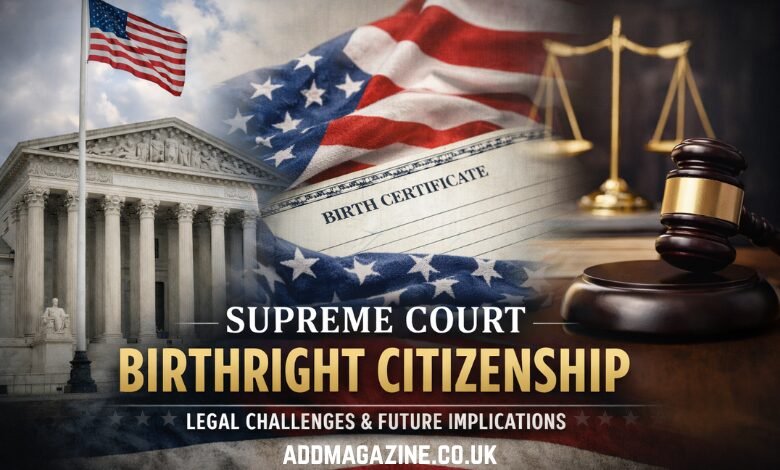Navigating the rental laws in Delaware can be daunting for landlords. Understanding these regulations is key to managing properties effectively and maintaining strong relationships with tenants. This guide will break down essential aspects of Delaware landlord tenant laws, ensuring compliance and fostering a stable rental business.
Delaware landlord-tenant basics
Delaware landlord tenant laws are governed by the Delaware Residential Landlord-Tenant Code. These laws offer a balanced approach, protecting both landlords and tenants. Familiarize yourself with Title 25, Chapter 51 to ensure compliance. It’s vital to keep up with any local ordinances, especially in cities like Wilmington or Dover.
Delaware lease agreement essentials
A comprehensive Delaware lease agreement is the foundation of a successful landlord-tenant relationship. Key elements include:
- Rent details: Amount, due dates, and grace periods.
- Security deposits: Limited to one month’s rent with specific rules for return.
- Landlord’s entry: Requires 48-hour notice unless an emergency occurs.
- Disclosures: Information about lead-based paint, landlord/agent identity, and location of security deposit accounts must be provided.
Delaware eviction laws
Evictions must follow strict legal procedures to avoid complications. Delaware eviction laws allow several types of notices:
- Rent demand notice: A 5-day notice to pay rent or vacate.
- Notice for lease violation: A 7-day period to rectify the breach or move out.
- Unconditional notice to quit: Immediate termination for severe violations or illegal activities.
The eviction process begins with the appropriate notice and, if unresolved, proceeds to legal action.
Rent and fee regulations
Though Delaware does not have statewide rent control, it does regulate other aspects:
- Application fees: Limited to $50 or 10% of the monthly rent.
- Late fees: Capped at 5% of the monthly rent.
- Grace period: A minimum of 5 days for rent payments.
These rules ensure transparent and fair fee structures.
Understanding tenant rights
Delaware tenants have specific rights, including living in a safe and habitable environment and receiving timely repairs. They also have the right to:
- Withhold rent or arrange repairs if essential services fail.
- Be free from discrimination based on federally and state-protected characteristics.
- Familiarize yourself with both federal and state fair housing laws to prevent discrimination claims.
Fair housing and tenant screening
Tenant screening must be conducted without discrimination. Delaware’s protections cover:
- Federal classes: Race, color, religion, sex, national origin, familial status, disability.
- State additions: Marital status, age, sexual orientation, gender identity, and more.
Background checks are permitted but should align with fair housing recommendations for fairness and legality.
Delaware security deposit laws
Security deposits, limited to one month’s rent, must be held in an escrow account. They must be returned within 20 days after lease termination, with an itemized list of deductions if applicable. These regulations protect tenant finances and ensure accountability.
Knowing your responsibilities
It’s not just about understanding tenant rights; landlords in Delaware must fulfill certain responsibilities, such as:
- Maintaining properties to health and safety standards.
- Providing proper notice for entering premises.
- Conducting lawful tenant screenings.
Balancing rights and responsibilities preserves good landlord-tenant relationships.
Conclusion
Understanding and adhering to Delaware landlord tenant laws is crucial for successful property management. By keeping informed and compliant, landlords can create beneficial environments for themselves and their tenants, reducing risks and fostering harmony. Keeping up with changes in laws and local ordinances will also ensure ongoing success. For more detailed assistance, consulting with a legal expert or referring to the Delaware Residential Landlord-Tenant Code can provide additional insights.




